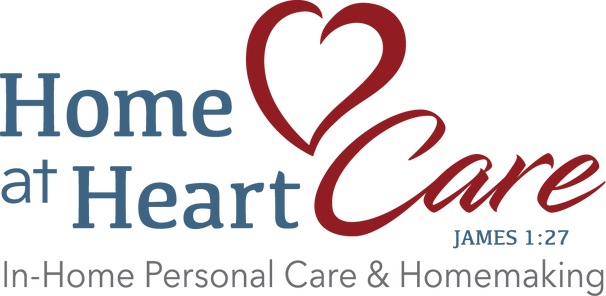Individual Community Living Support (ICLS)
As of July 1, 2017, H@HC now offers ICLS services. ICLS is an Elderly Waiver (EW) bundled service that supports participants who need reminders, cuing, intermittent or moderate supervision, or physical assistance to remain in their home. ICLS is made up of the following six (6) categories:
1. Activities of daily living (ADLs) - provide reminders, cuing or physical assistance to complete ADLs
2. Household management assistance - assist with housekeeping, meal planning, shopping, budget/money management, communication and transportation when other resources are unavailable
3. Health, safety and wellness oversight - support health and wellness as identified in the ICLS service plan, which may include monitor and identify health needs, exercise and other wellness improvement activities, medication and medical equipment device assistance
4. Community living engagement - help live independently in the community by assisting the participant to achieve their community engagement goals by accessing activities, services and resources and provide transportation when other resources are unavailable
5. Adaptive Support - assist the participant to adopt ways that encourages self-sufficiency and reduces reliance on human assistance. Includes providing cues, guidance, demonstration, and practice methods to promote continued self-sufficiency.
6. Active cognitive support provided face-to-face or remotely using real-time two-way communication - provide interventions intended to address issues and challenges important to the participant. this is the only service that may be offered remotely.
1. Activities of daily living (ADLs) - provide reminders, cuing or physical assistance to complete ADLs
2. Household management assistance - assist with housekeeping, meal planning, shopping, budget/money management, communication and transportation when other resources are unavailable
3. Health, safety and wellness oversight - support health and wellness as identified in the ICLS service plan, which may include monitor and identify health needs, exercise and other wellness improvement activities, medication and medical equipment device assistance
4. Community living engagement - help live independently in the community by assisting the participant to achieve their community engagement goals by accessing activities, services and resources and provide transportation when other resources are unavailable
5. Adaptive Support - assist the participant to adopt ways that encourages self-sufficiency and reduces reliance on human assistance. Includes providing cues, guidance, demonstration, and practice methods to promote continued self-sufficiency.
6. Active cognitive support provided face-to-face or remotely using real-time two-way communication - provide interventions intended to address issues and challenges important to the participant. this is the only service that may be offered remotely.
